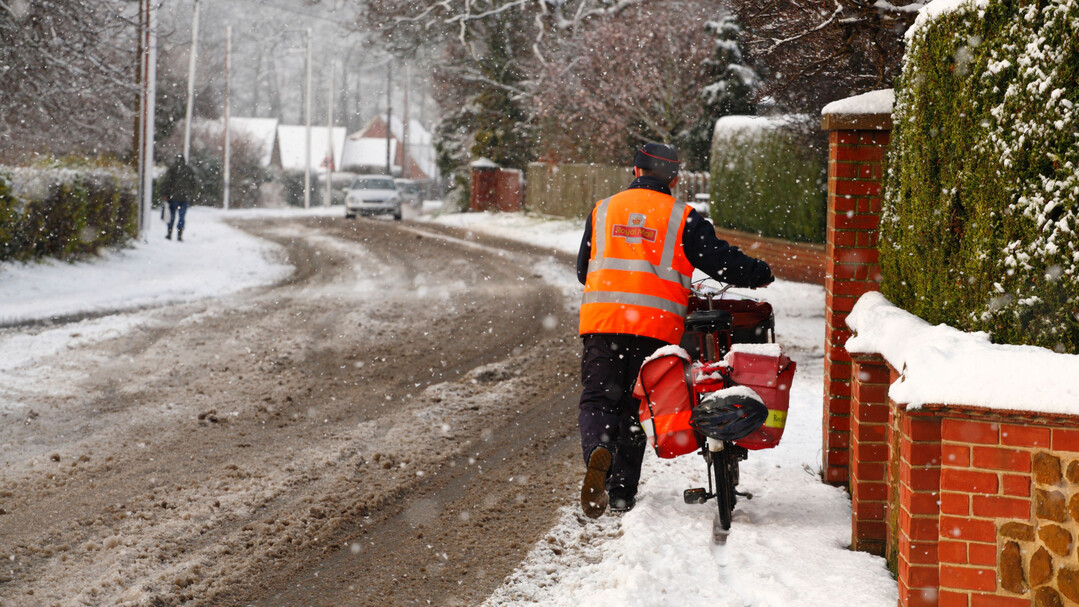
Oslo, Norway - The Norwegian postal service, Posten, is facing a major overhaul as declining mail volumes and rising costs threaten the sustainability of traditional home delivery. A government-appointed commission has recommended a significant shift in the delivery model, potentially leading to a drastic reduction in home deliveries and a greater reliance on local collection points.
The report, released recently, acknowledges the "extreme" decline in letter and card volumes, leading to soaring costs per delivery. While emphasizing the importance of a functioning postal system, the commission suggests streamlining deliveries by reducing the obligation to deliver mail directly to recipients. This could involve transitioning to a system where most residents collect their mail from local postal facilities, often located in grocery stores. Home delivery could be reserved for those with physical or digital limitations.
The commission's recommendations have sparked debate, with concerns raised about the impact on rural communities and the potential job losses for mail carriers. Labor unions are expected to play a significant role in the evaluation of alternative employment options.
The report also calls for a re-evaluation of postal regulations, potentially opening the door for increased competition from other delivery providers. This could lead to a more market-driven approach to mail delivery, similar to the existing competitive landscape for package delivery.
Digitalization and Rising Costs
The decline in mail volume is largely attributed to the rise of digital communication, with emails and messaging apps replacing traditional letters. This, coupled with rising operational costs, has put significant strain on the postal service.
The government has acknowledged the need for change, recognizing that the current system is no longer sustainable. However, the proposed changes have been met with mixed reactions. Some argue that they represent a necessary adaptation to the changing times, while others express concerns about the potential social and economic impacts of reduced home delivery.
A Paradigm Shift
As the Norwegian postal service navigates this period of transition, the nation faces a significant paradigm shift in how it receives mail. The days of daily home delivery may soon be a distant memory, replaced by a system where residents actively participate in collecting their mail. This shift will undoubtedly accelerate the ongoing digital transformation of communication in Norway.
[Copyright (c) Global Economic Times. All Rights Reserved.]






























